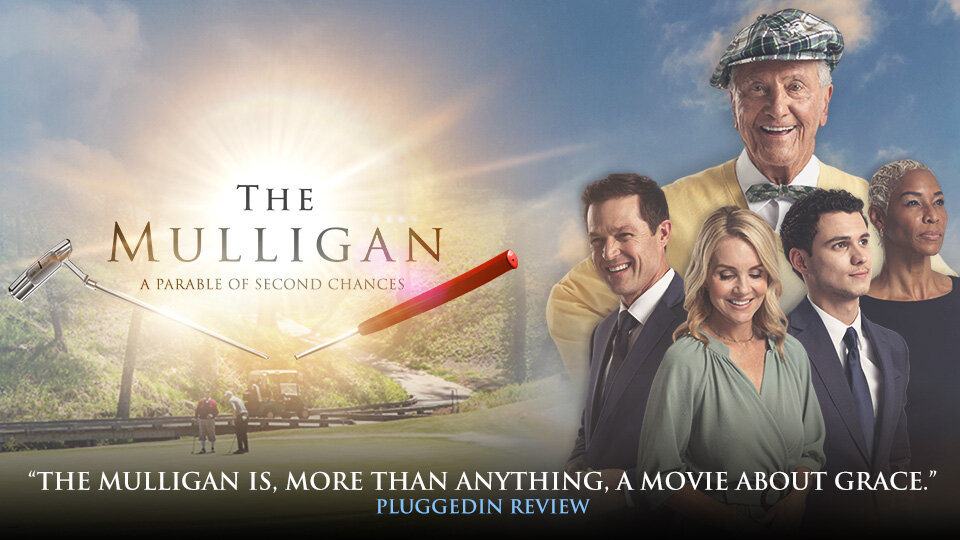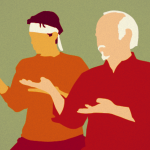The Game Inside
The game of golf has a way of mirroring events that occur in real life. In golf as in life, focusing on impressing others can result in some embarrassing moments. In both golf and life, trying to compensate for insecurities by demanding perfection from yourself leads to a frustrating experience and missed opportunities to enjoy the people and world around you. In golf and life, beating yourself up for mistakes creates a horrible narrative in your own mind that leads to bad decisions, low expectations, and a poor self-image. In many ways, the “game” reveals a lot about what’s going on inside.
In every area of life, whether at home, on the job, or at the course, we have to learn to deal with disappointments, adversity, and failures. One reason so many people are driven to succeed or obsessed about other people’s opinions is that they are carrying deep wounds from past traumas—a parent or spouse who abandoned them, a friend who betrayed them, a respected authority figure who couldn’t live up to their image. The world is full of hurting people trying to heal their own wounds with all kinds of coping strategies, and wounding those around them in the process. Unfortunately, those strategies often lead us away from the Healer rather than toward him.
“Come to me, all you who are weary and burdened, and I will give you rest.” — Matthew 11:28
Do you recognize any of the symptoms of a wounded soul in yourself? They may have appeared in words that came out the wrong way, a volatile reaction to a minor frustration, or a slammed club or choice language on the golf course. Wherever they appear, don’t beat yourself up for them. Take them as important signs that you are searching for relief, meaning, and answers. If you let them, they will lead you to a place of healing and hope.
Questions for Personal Reflection:
- What is the narrative that goes through your mind when you make a bad mistake on the golf course? What do you say to yourself Do you hear the same words when you make a mistake in life?
- Think of some times when you have felt hurt by someone you loved or respected. How did those hurts affect your view of yourself and your behavior at the time? What consequences do you think they have had in the years since?
- Bobby Jones said, “Golf is the closest game to the game we call life. You get bad breaks from good shots, and you get good breaks from bad shots—but you have you have to play the ball where it lies.” What are some of the bad breaks from good shots and good breaks from bad shots you’ve experienced in life? In what ways does Jesus’ invitation to rest in him reassure you about just “playing the ball where it lies”?
This article is adapted from the film, THE MULLIGAN, which shares the story of Paul, an intensely driven CEO of a successful international business, who is a success in everything—except life. Separated from his wife and estranged from his son, Paul’s steely-eyed focus remains solely on his next boardroom mega-deal. But like an errant tee-shot on a difficult hole, Paul’s life could use a do-over … a “mulligan” as golfers would say. Based on the popular book by Wally Armstrong and Ken Blanchard, THE MULLIGAN is an inspiring reminder that second chances are only one step away.
You can view THE MULLIGAN at home on DVD or On Demand by CLICKING HERE. Whether it’s a second shot during a friendly round, rediscovering lost priorities, or the opportunity to make something good of a situation gone bad, there are times we all could use a mulligan.






